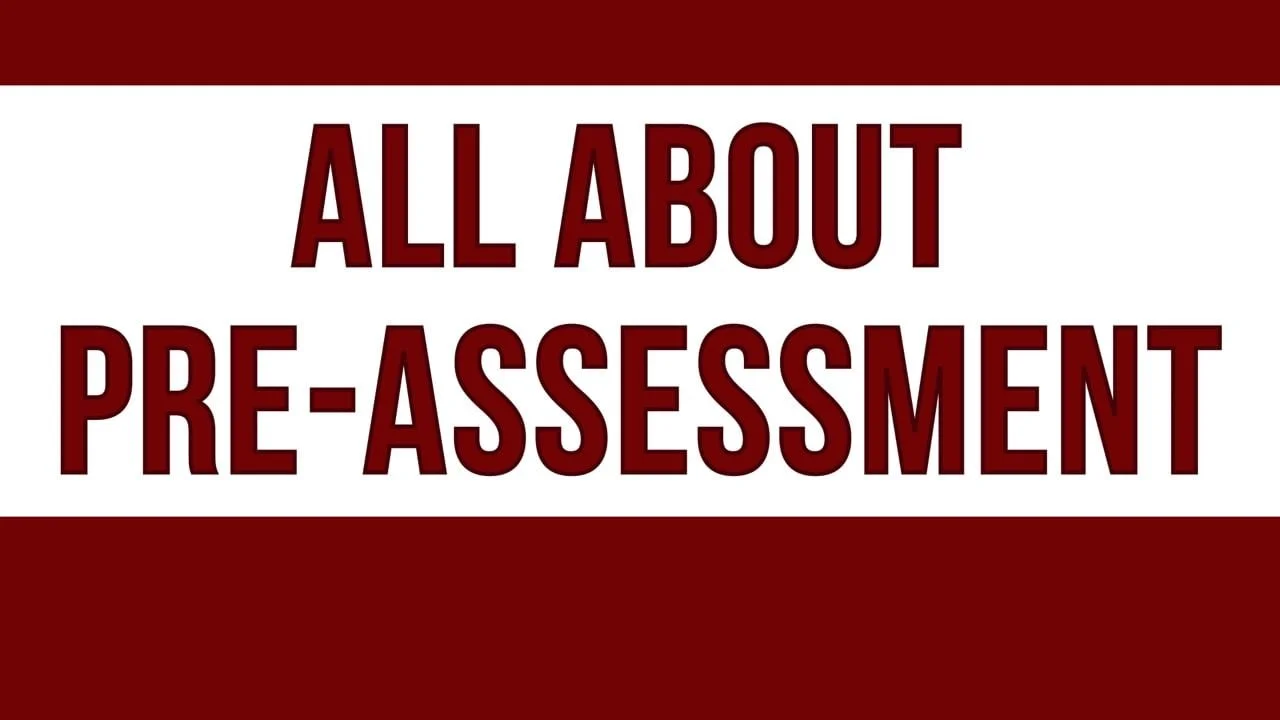
FOR PERSONALIZED IN-PERSON OR VIRTUAL PROFESSIONAL DEVELOPMENT CONCERNING THE GIFTED TEACHERS TOOLBOX STRATEGIES PLEASE CONTACT ME AT THEGIFTEDGUY@YAHOO.COM OR (614) 560-0682 TO SET SOMETHING UP.
Building Your Gifted Toolbox - You have been assigned a group of gifted children to teach. In your pre-service and/or teacher training you cannot recall learning any strategies for working with this specific group of students.
Bulletin Board Enrichment - You can have simple in-class options on your bulletin boards for students to use in order to enrich themselves.
Board Games that Enrich - You don't always have to be directly enriching students. Having resources in your room that enrich them without them even knowing is one way to provide opportunities for learning.
Bulletin Board Enrichment
Classroom Makerspace - a lot of people define makerspace differently, but in relation with gifted students its most simplest terms it is a designated space to allow students to challenge and enrich themselves with provided supplies and tools.
Four Corners Projects - Good teaching means using all parts of your room to teach and enrich your students, including the corners. Four corners projects are high-interest projects in each of the corners of your classroom that students can go to when they finish early or want to be enriched.
Four Corners Ideas
Enrichment Clubs - One way to enrich your students is simply by providing a place for them to enrich themselves. This can be accomplished with enrichment clubs.
Bonus Opportunities - these are just as the name implies; opportunities for students to stretch their thinking about something they are learning. This is not extra credit or bonus points, it is about expanding the learning of the student.
20time - this is a strategy that can be used with gifted students and high ability children where students are given time in school to work on projects that are generated by their own interests and passions. It is learning for learning sake.
Mentors/Mentorships - Even though teachers are expected to be the experts in their subject area, often times there are things that we don't know. This is especially true with gifted students who might come with a lot of prior understanding and need to be challenged at a level the teacher cannot provide.
Materials to start 20time project
Pre-Assessment - this an excellent method for determining what a student does and does not know. Often times though, we use this information to close gaps and provide intervention, but how often do teachers use it to figure out ways to challenge students, especially our gifted ones, and differentiating up?
Setting Up Independent Projects - when you have a student who already knows the material you are going to be covering, why make them sit through something they have already learned? Isn't there something they could be doing to go deeper into the learning and learn important skills as well?
Performance Assessment - When it comes to measuring what students have learned and differentiating up, there are more choices than the traditional assessments of multiple choice. There are performance assessments which include but are not limited to oral presentations, journals, exhibitions, role playing, debates/speeches, essays, interviews, and research papers.
STEM Challenges - STEM is more than just putting science, technology, engineering, and math together, it is about using the engineering design process which is 1) Ask, 2) Imagine, 3) Plan, 4) Create, and 5) Improve.
STEM Projects
Creative Thinking - We ask students to be creative all of the time but are we explicitly teaching our students how to be creative by giving them assignments that lets them access their creative thinking?
Introduction to Depth and Complexity Framework - this is a learning platform developed at the California Department of Education that centers around 11 icons designed to push the thinking of students to the next level.
Depth and Complexity
Choice Boards - When trying to enrich our students, one way to do this is to provide student choice. But how do you guide this choice into the lesson you are teaching? You can provide choice boards which are menus that students can choose various activities from.
Students as Teachers - What can make an assessment meaningful? By having students involved in the process. The more you include them in the learning process, such as having them act as the teachers of what is to be learned, the better change students will reach an enduring understanding.
Asking higher level questions - if you want to raise the rigor in your classroom and ensure that you are teaching to the level of the standard, you need to be able to ask higher level questions of your students.
nquiry-Based Learning - What if we let the students be responsible for most of the learning in class? That is the basic premise behind inquiry-based learning where the content is not given to the kids by the teacher but rather generated and discovered on their own.
Higher Level Question Resources
Projects vs. Project-Based Learning - sometimes we use these two terms interchangeably in education when there really is a large difference between them. This PD tutorial walks you through what the major difference are and what these look like in your classroom.
Differentiated Centers - Learning centers are various stations set up around the classroom that gives students specific tasks or skills to work on independently. In a classroom with gifted students however, you must differentiate these centers so that there are different levels to the same station depending on what challenge the student needs.
Resources for your toolbox








